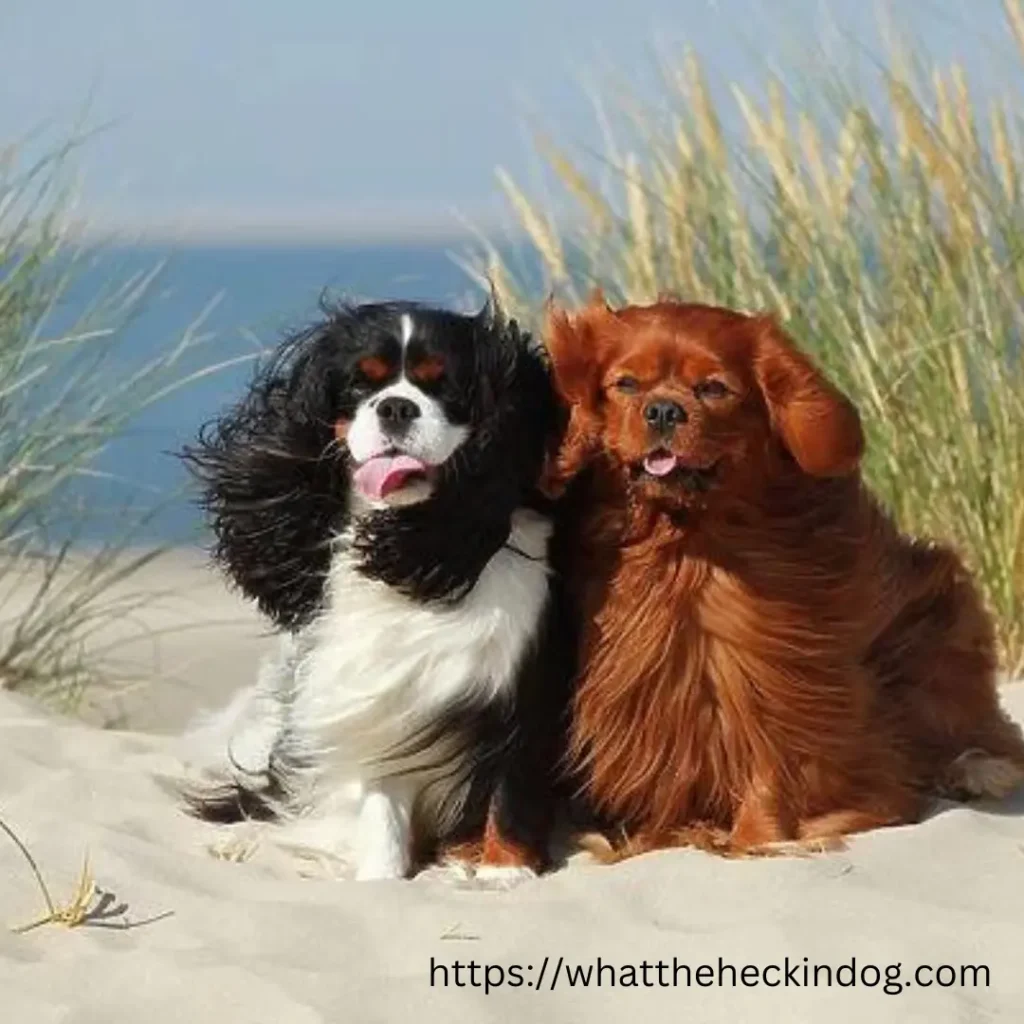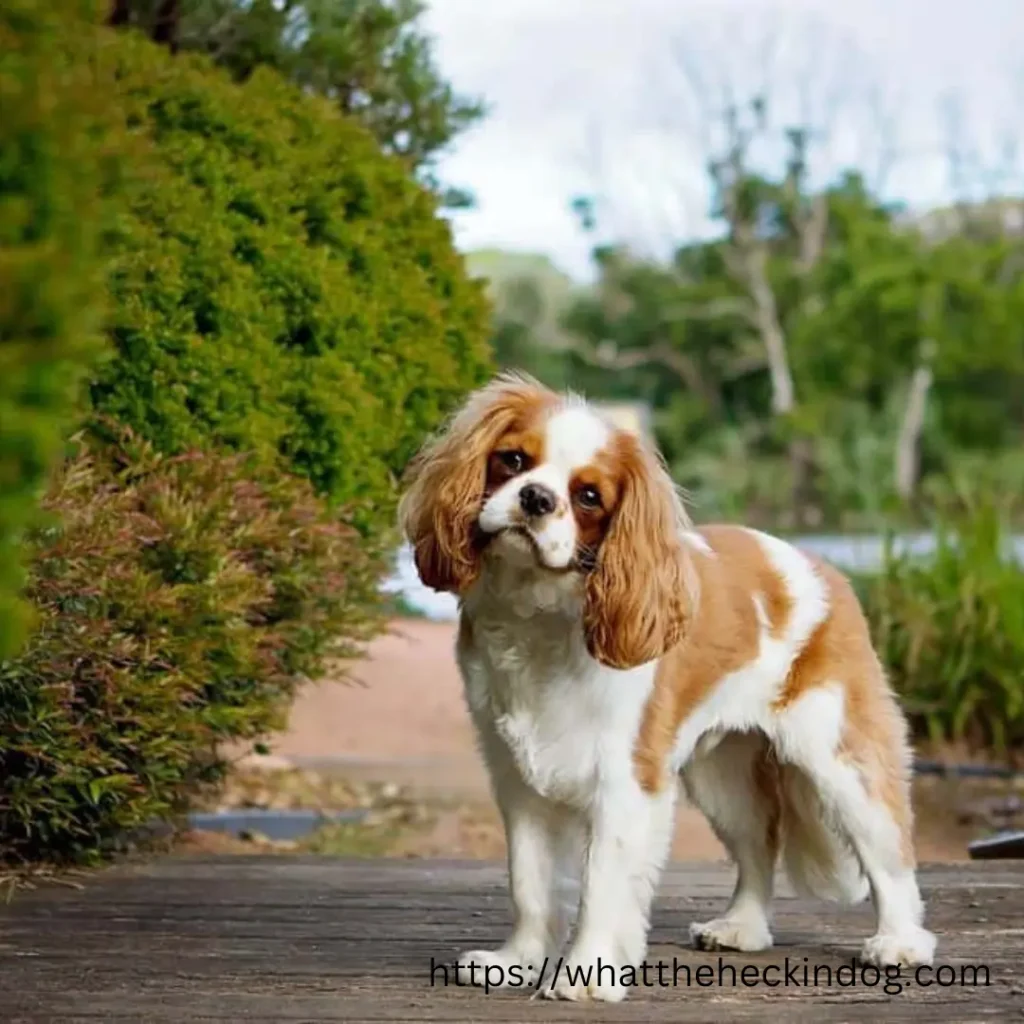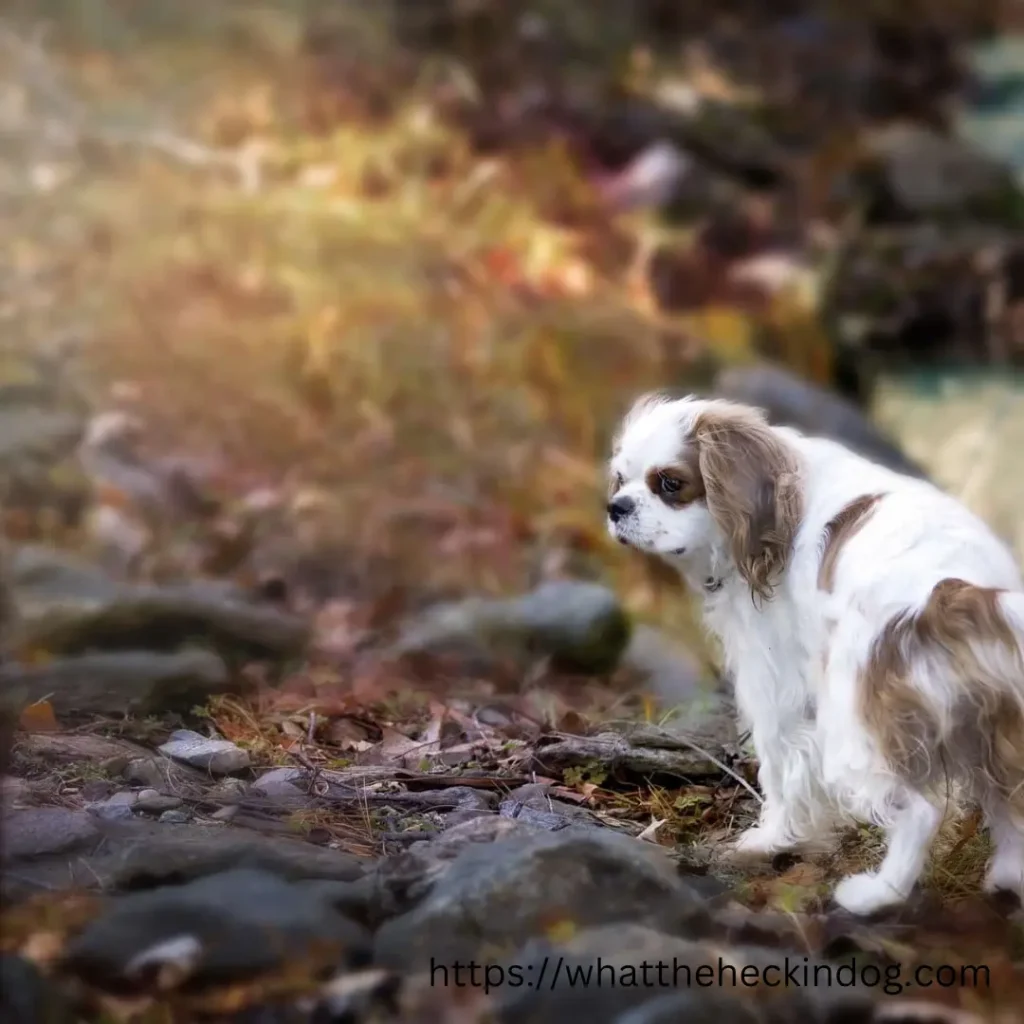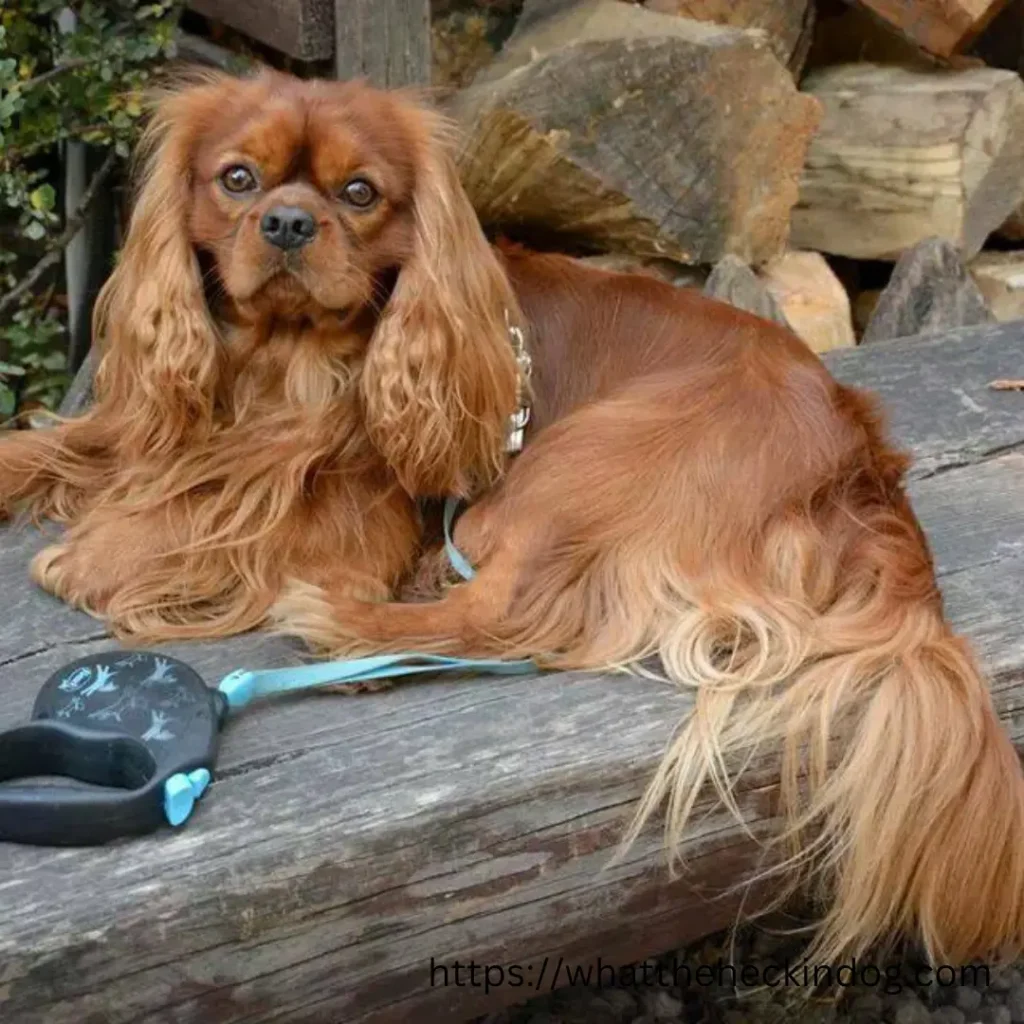The Cavalier King Charles Spaniel, a breed bred for its beauty and affectionate nature, makes a delightful companion for families and individuals. With their expressive eyes, silky coats, and charming demeanor, Cavaliers easily capture hearts. Known for their friendly temperament and adaptability, these dogs thrive in a variety of living environments. The breed’s moderate exercise needs, along with their love of human companionship, make them ideal for city dwellers and those living in more spacious environments. Whether curling up on the couch or going on an outdoor adventure.

Cavalier King Charles Spaniel Price
The price of a Cavalier King Charles can vary based on factors such as pedigree, breeder reputation, and geographic location. On average, you can expect to pay between $1,800 and $3,500 for a thoroughbred Cavalier King Charles Spaniel. Reputable breeders may charge higher prices, but this often reflects the quality of care, health checks and socialization provided to the puppies.
Cavalier King Charles Spaniel Colors
Cavalier King are known for their moderate shedding, as they have a silky, medium-length coat that requires regular grooming. While not as prone to excessive shedding as some breeds, regular brushing helps manage loose hair and promotes a healthy coat. Cavaliers shed more during seasonal changes, especially in spring and fall. Providing a balanced diet with adequate nutrients also contributes to coat health and reduces shedding.
https://en.wikipedia.org/wiki/Cavalier_King_Charles_Spaniel

Cavalier king Charles Spaniel Colors
Blenheim:
Blenheim colored horsemen boast chestnut markings on a pearly white coat, creating an elegant and warm appearance.
Tricolor:
Featuring jet black markings with tan on a white canvas, the Tricolor Cavaliers offer a classic and sophisticated coat pattern.
Black and Tan:
This variation features a glossy black coat with tan highlights, conveying a dignified and timeless allure.
Ruby:
Cavaliers with a ruby coat sport a rich, solid red color, adding warmth and vibrancy to their overall charming appearance.
Each distinct color pattern in Cavalier King Charles Spaniels contributes to the breed’s timeless charm, offering a visual treat for dog lovers.
Grooming and Care for the Cavalier King Charles Spaniel:
Regular brushing to prevent matting, regular bathing to keep the coat clean and frequent ear cleaning to prevent infections. Trim nails monthly and brush teeth weekly to maintain oral health. Professional grooming can be beneficial to keep your luxury coat in top condition.

Why is my Cavalier King Charles Spaniel so Big?
If your Charles Spaniel is larger than expected, it may be influenced by factors such as genetics, diet and overall health. Ensuring a balanced diet, regular exercise, and veterinary check-ups can help maintain an appropriate size for the breed.
Are Cavalier King Charles Spaniels Smart?
Yes, Cavalier King Charles Spaniels are known for their intelligence. They are quick learners, adaptable, and often excel in obedience training. Their friendly and affectionate nature, combined with their intelligence, make them delightful and trainable companions.
How long Does a Cavalier King Charles Spaniel live?
A Cavalier King Charles Spaniel typically lives between 9 and 14 years. Factors such as genetics, diet, exercise, and overall health care play an important role in determining their longevity.
Cavalier King Charles Spaniels Bark a lot?
Charles Spaniels are generally not known for excessive barking. Although they may bark to alert their owners or express excitement, they are considered a relatively calm and well-behaved breed. However, individual behaviors may vary.
Are King Cavaliers Expensive?
Charles Spaniels, another name for King Charles Cavaliers, are quite prized canines. Location, pedigree, and breeder reputation are some of the variables that affect price. A good breeder will usually charge you between $1,800 and $3,500 for a Cavalier King Charles Spaniel puppy. Dogs with champion genetics or unusual coat colors can also command a premium.
What can Cavalier King Charles not Eat?
Charles the Cavalier Some foods can be bad for spaniels. These include chocolate, grapes, onions, garlic, xylitol and alcohol. Foods rich in caffeine, bones, and fat or grease should also be avoided. It is ideal to follow your veterinarian’s recommendations for a balanced diet of premium dog food.
